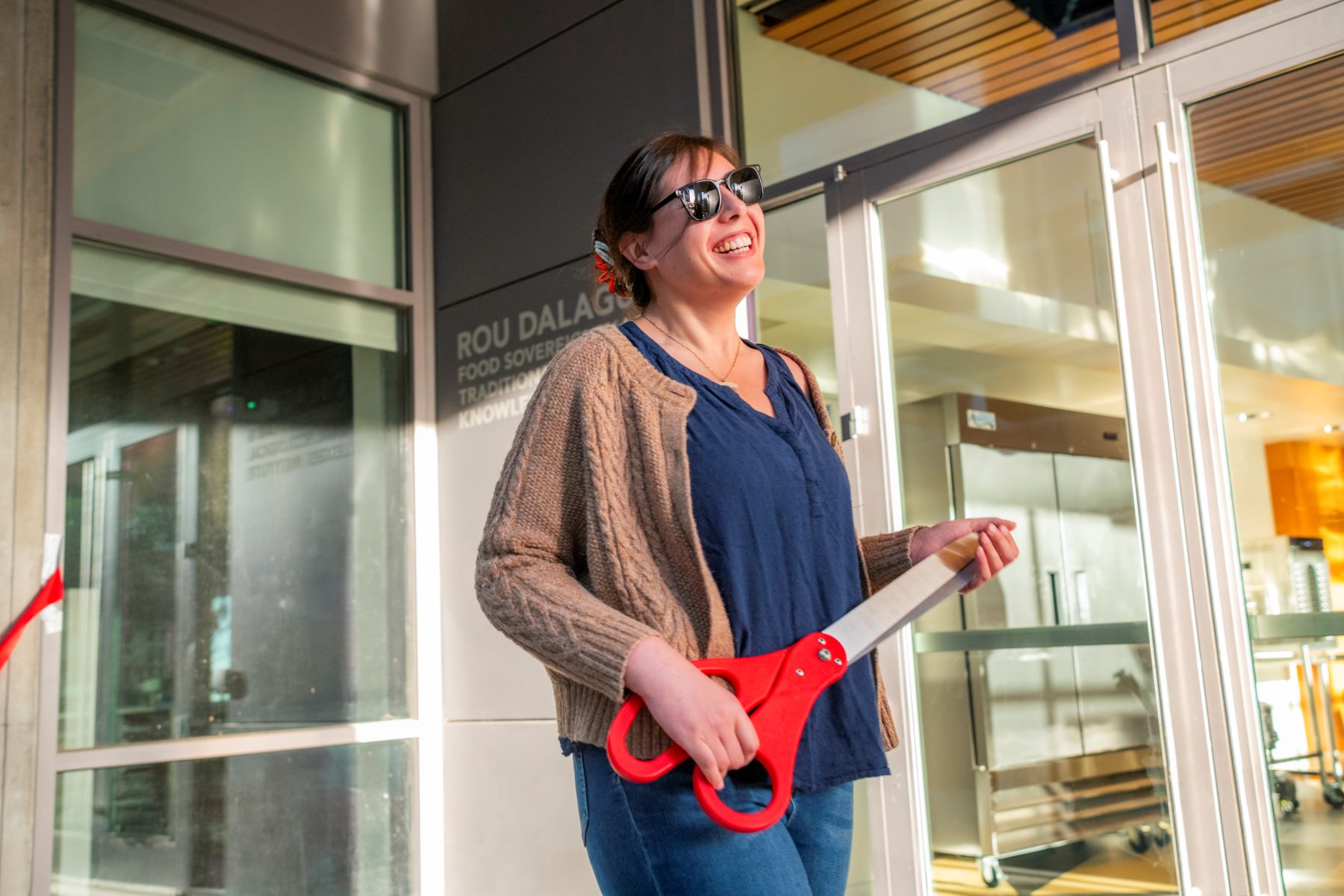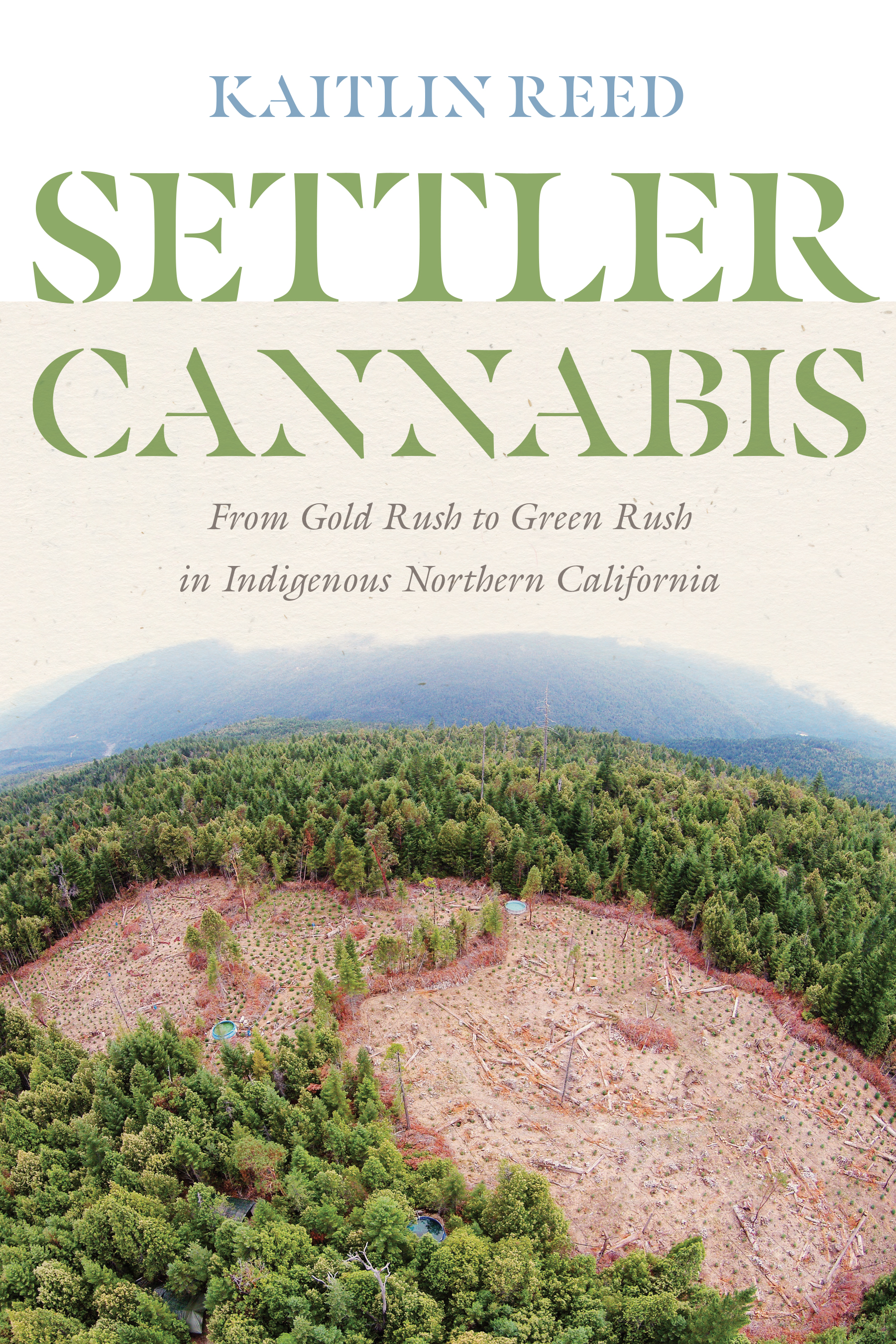Labriola Center National Book Award Lecture with Kaitlin Reed

Event description
- Academic events
- Campus life
- Free
- Open to the public
The Labriola Center is thrilled to announce the 16th annual Labriola National American Indian Data Center Book Award.
“Settler Cannabis: From Gold Rush to Green Rush in Indigenous Northern California” by Kaitlin P. Reed was named the winner. The annual award recognizes scholarship in American Indian and Indigenous studies.
Kaitlin Reed (Yurok/Hupa/Oneida) is an enrolled member of the Yurok Tribe in Northwestern California, with ancestral ties to Hupa and Oneida. Reed is an assistant professor of Native American Studies at Cal Poly Humboldt in Arcata, California. Her research is focused on tribal land and water rights, extractive capitalism, and settler colonial political economies.
Published in 2023 by the University of Washington Press, “Settler Cannabis” explores connections between California cannabis production and the violence and dispossession of Indigenous land and people. Reed illustrates how the "green rush" of cannabis production is part of a broader legacy of settler colonialism, following patterns of resource extraction that began with gold and timber and continue today.
Join the Labriola Center for the National Book Award Lecture with Kaitlin Reed on Tuesday, Oct. 29 from noon to 1:30 p.m. at Hayden Library in room 204.
Synopsis
"Young countercultural back-to-the-land settlers flocked to northwestern California beginning in the 1960s, and by the 1970s, unregulated cannabis production proliferated on Indigenous lands. As of 2021, the California cannabis economy was valued at $3.5 billion. In Settler Cannabis, Kaitlin Reed demonstrates how this "green rush" is only the most recent example of settler colonial resource extraction and wealth accumulation. Situating the cannabis industry within this broader legacy, the author traces patterns of resource rushing—first gold, then timber, then fish, and now cannabis—to reveal the ongoing impacts on Indigenous cultures, lands, waters, and bodies. Reed shares this history to inform the path toward an alternative future, one that starts with the return of land to Indigenous stewardship and rejects the commodification and control of nature for profit. Combining archival research with testimonies and interviews with tribal members, tribal employees, and settler state employees, Settler Cannabis offers a groundbreaking analysis of the environmental consequences of cannabis cultivation that foregrounds Indigenous voices, experiences, and histories."


